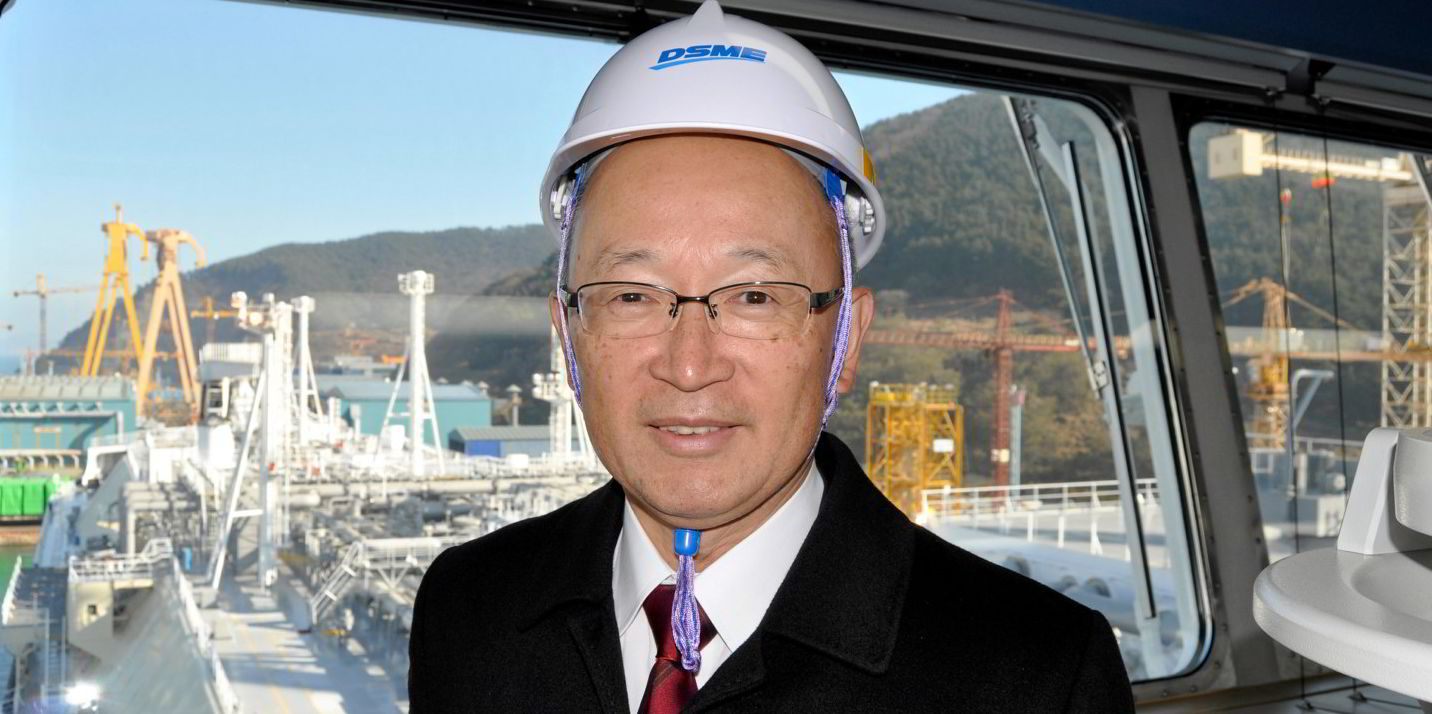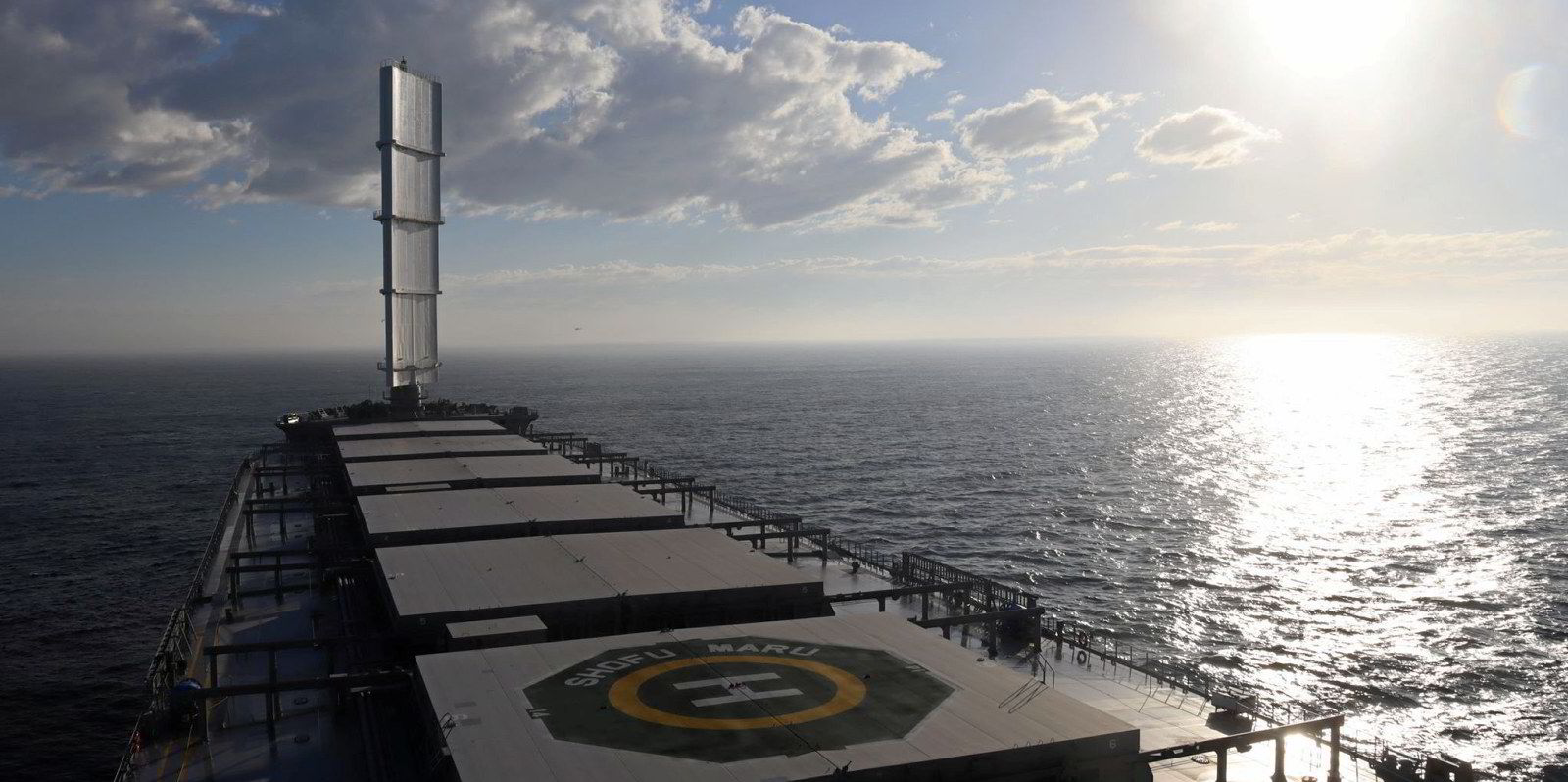Mitsui OSK Lines has forecast a 75% decline in net profit for the 2023 financial year as the container ship market adjusts to the post-Covid-19 world.
The Japanese shipowning giant expects full-year net profit next year to come in at just ¥210bn ($1.56bn), according to a regulatory filing on Friday.
However, the shipowner said this profit level was still “well above the pre-pandemic level due to the success of structural reforms to date”.
Ocean Network Express (ONE), which is part owned by MOL, went as far as to say that forecasts for next year were “difficult to predict”.
“Following the Covid-19 pandemic, the container ship market is in the midst of major changes, such as, the aftermath of global supply chain disruption, changes in consumer behaviour and shifts in trade patterns due to increasing international tensions,” ONE said.
“ONE is making progress in adapting to these major changes, but further changes in the market are expected as transport demand and trade patterns continue to change, creating an uncertain outlook which is difficult to predict.
“Under these circumstances, it is extremely difficult to announce a reasonable business forecast at this time and the full-year forecast for FY2023 is yet to be determined,” the Singapore-based shipowner added.
MOL said that while profits from its container ship business are expected to fall sharply, energy and car carrier businesses are anticipated to see an increase in profit.
News of the dramatic decline in next year’s forecast came as MOL announced a full-year profit for FY2022 of ¥760bn.
Revenue was up 27% year on year to ¥342.6bn, which MOL attributed to favourable market conditions in the dry bulk, energy and car carrier businesses, as well as the effect of a weaker yen during the period.
In contrast, profits from container shipping declined year on year due to a sharp drop in spot freight rates from the summer.
“The slowdown in demand that began in July was further reinforced, particularly from Asia to North America and Europe. Cargo volume from Asia to North America fell by 24.5% year on year, while from Asia to Europe it dropped by 12.9%,” ONE said.
“A certain improvement in business confidence was seen as energy price hikes and inflationary trends eased but these economic changes did not lead to a marked recovery in retail consumption.”
In response, ONE said the blank sailing period, which normally ends in Chinese New Year, was extended to March and April.
In addition, some vessels on the eastbound Asia-Europe trade and Asia-North America east coast backhaul trade were routed via the Cape of Good Hope, while the company reduced bunker consumption by increased slow steaming.




